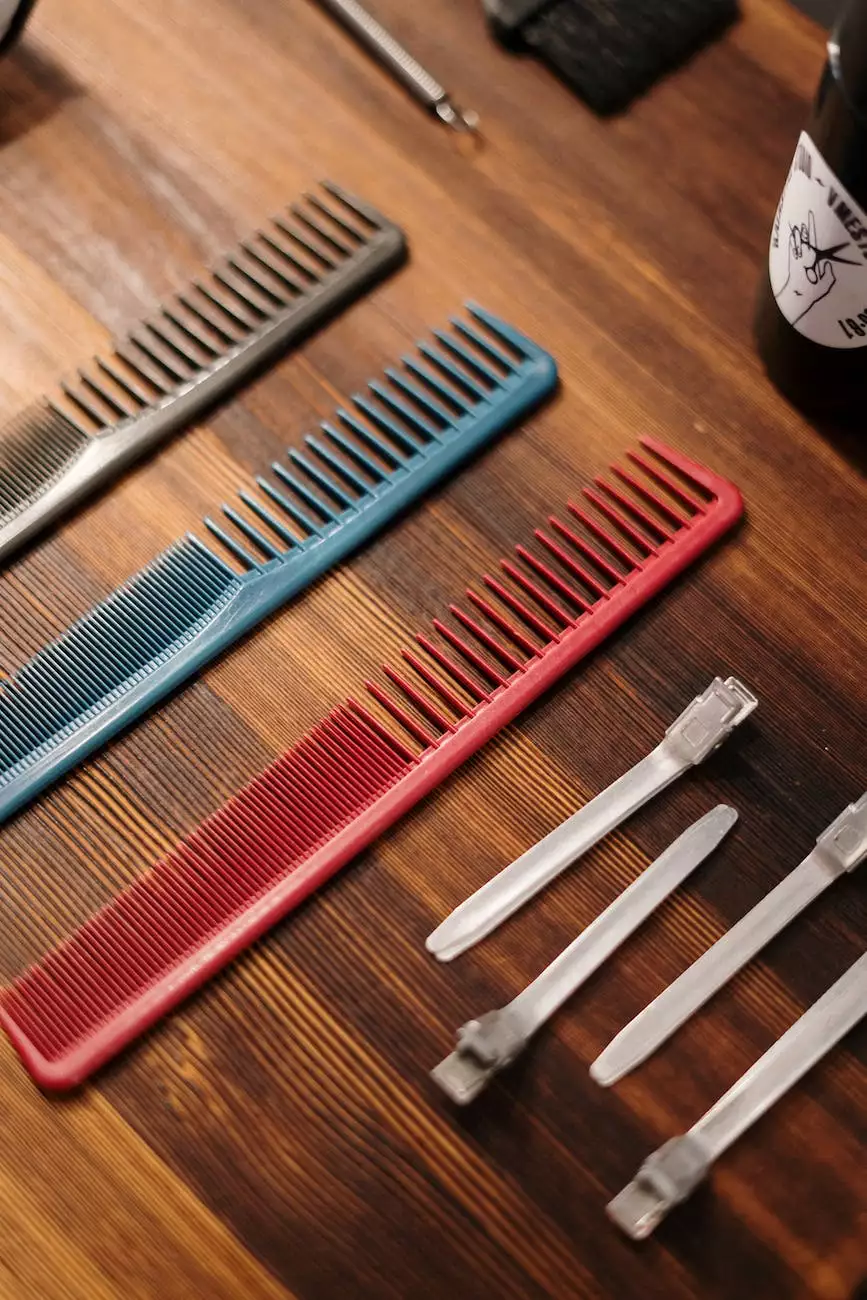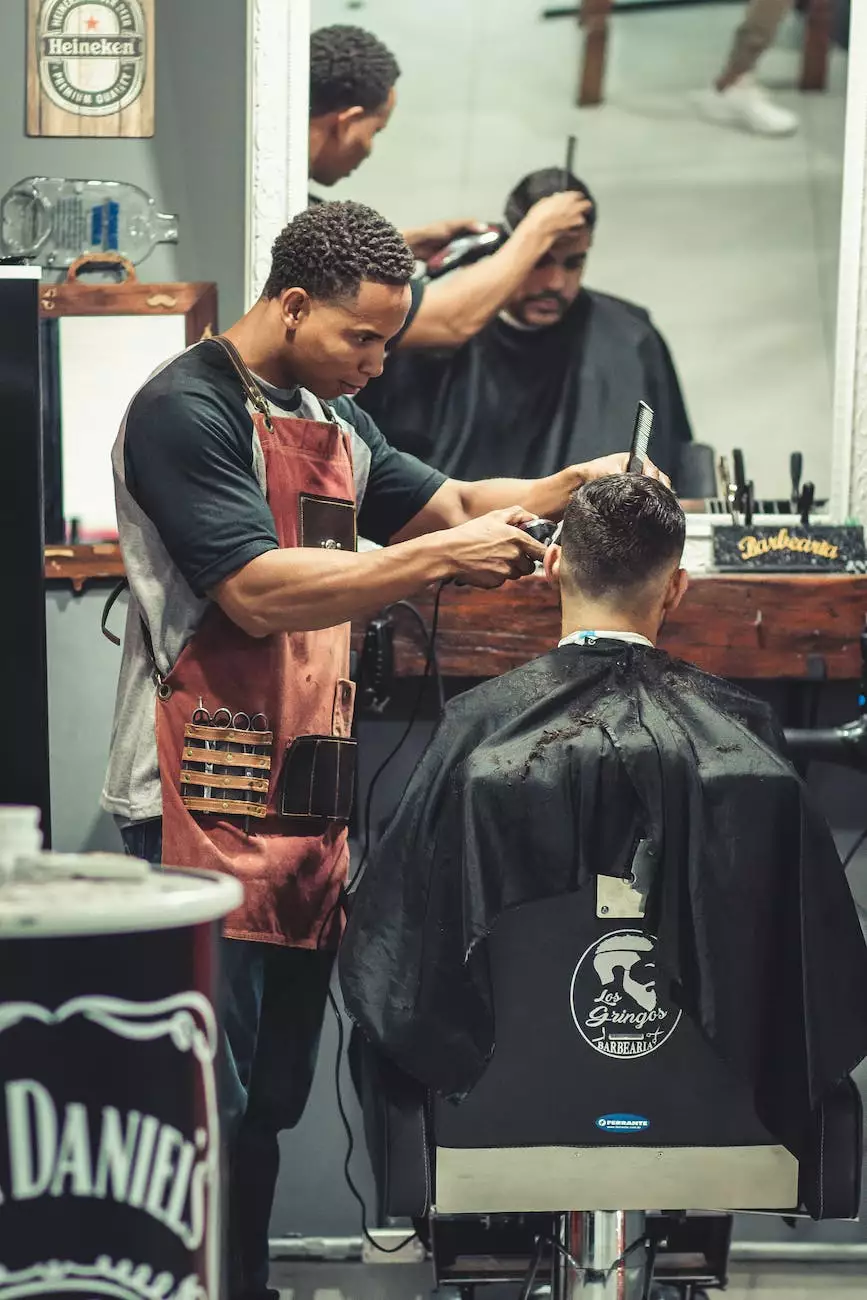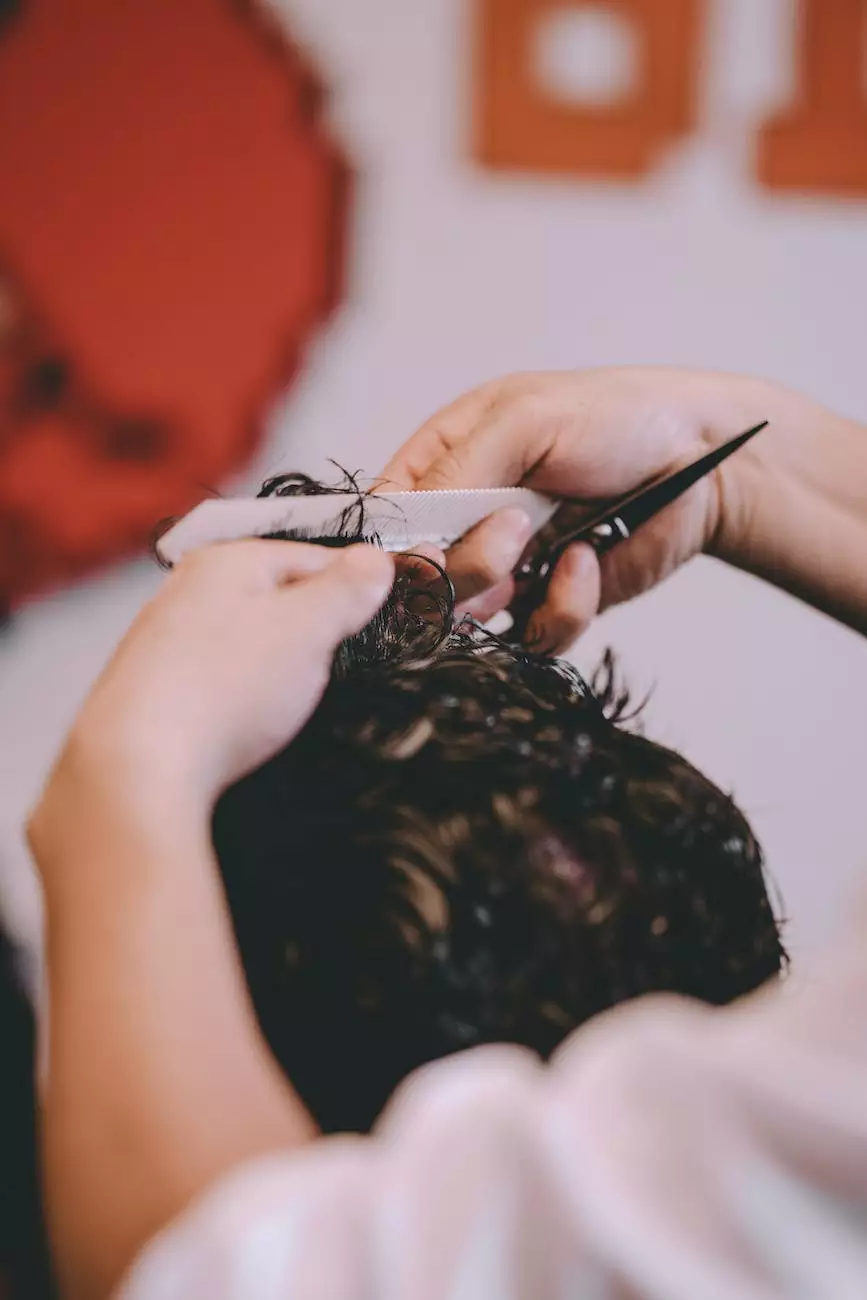Help, My Hair is Thinning! What Should I Do?

Understanding Hair Thinning
Experiencing hair thinning can be distressing, but you're not alone. Many individuals face this common issue, and there are steps you can take to address it. Hair thinning can occur for various reasons, such as:
- Genetics: Family history plays a significant role in hair loss patterns.
- Hormonal changes: Fluctuations in hormone levels can impact hair growth.
- Nutritional deficiencies: Poor diet lacking essential nutrients can contribute to hair thinning.
- Stress: Emotional or physical stress can disrupt the hair growth cycle.
- Aging: As we age, hair naturally becomes thinner due to decreased hair follicle activity.
Tips for Healthy Hair and Hair Growth
If you're concerned about hair thinning, here are some helpful tips to promote healthy hair and support natural hair growth:
Eat a Balanced Diet
Proper nutrition is crucial for overall well-being, including your hair health. Ensure your diet includes a variety of nutrient-rich foods:
- Protein: Consume adequate amounts of lean meats, fish, legumes, and nuts.
- Vitamins and Minerals: Incorporate fruits, vegetables, whole grains, and dairy products into your meals.
- Essential Fatty Acids: Omega-3 fatty acids found in fish, flaxseeds, and walnuts promote scalp health.
- Stay Hydrated: Drink enough water to keep your body and hair hydrated.
Manage Stress Levels
Stress can lead to hair thinning. Establish healthy coping mechanisms to reduce stress levels:
- Exercise regularly: Engaging in physical activity helps to lower stress and promote overall well-being.
- Practice relaxation techniques: Consider meditation, deep breathing exercises, or yoga to alleviate stress.
- Get enough sleep: Aim for a consistent sleep schedule to rejuvenate your body and mind.
Choose Gentle Hair Care Products
The products you use on your hair can make a difference. Opt for gentle, nourishing options:
- Mild shampoos and conditioners: Look for products without harsh chemicals that can strip natural oils from your scalp.
- Avoid excessive heat styling: Limit the use of hair dryers, curling irons, and straighteners, as high heat can damage hair.
- Protect from UV rays: Wear a hat or use a hair protectant spray when exposed to the sun for extended periods.
Treatment Options for Hair Thinning
If your hair thinning persists or worsens despite lifestyle changes, seeking professional assistance is advisable. Here are some treatment options that might be recommended:
Medications
There are FDA-approved medications that can help slow down hair loss and stimulate hair growth. These may be prescribed following a thorough evaluation by a qualified healthcare professional.
Platelet-Rich Plasma (PRP) Therapy
PRP therapy involves using platelet-rich plasma from your blood to promote hair growth. It's a safe and effective treatment option that can be performed in a medical office.
Hair Transplantation
Hair transplantation is a surgical procedure that involves transferring hair follicles from one area of the scalp to another. This method offers a permanent solution for hair thinning when other treatments haven't been successful.
Laser Therapy
Low-level laser therapy devices can stimulate hair follicles and promote hair growth. This non-invasive treatment option can be performed at home or in a professional setting.
Consult with Dr. Smith, Hair Restoration Specialist
If you're concerned about hair thinning and seeking professional guidance, Dr. Arthur F. Smith is here to help. With years of experience as a hair restoration specialist, Dr. Smith offers personalized treatment plans tailored to your unique needs. Schedule a consultation today to explore your options!




